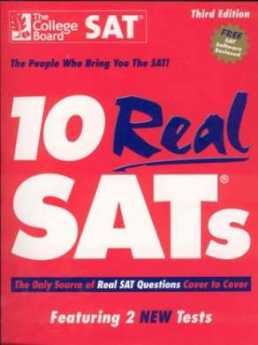Related Topics
Academia in the Philadelphia Region
Higher education is a source of pride, progress, and aggravation.
Historical Motor Excursion North of Philadelphia
The narrow waist of New Jersey was the upper border of William Penn's vast land holdings, and the outer edge of Quaker influence. In 1776-77, Lord Howe made this strip the main highway of his attempt to subjugate the Colonies.
Reminiscences
"The past is never dead. It's not even past." -- William Faulkner, Requiem for a Nun
Personal Passions
My own personal short list; eight decades in retrospect.
Education in Philadelphia
Taxes are too high, but the tax base is too small, so public education is underfunded. Drug use and lack of classroom discipline are also problems. Business and employed persons have fled the city, must be induced to return. Deteriorating education, rising taxes and crime are the immediate problems, but the underlying issue is lack of vigor and engagement by the urban population itself.
Apologia Pro Vita Sua
With apologies to John Henry Newman.
Advanced Placement Gains Attackers and Defenders
An abridged extract of what

|
| Naomi Riley |
Naomi Schaefer Riley writes in the October 6, 2006 Wall Street Journal, follows:
"... The rat race complaint is that AP courses put a strain on students-too many facts to memorize, too much reading. And teachers complain, too. They say that AP courses force them to teach to test.. .
"Conceived in the early 1950's by educators from three prep schools (Andover, Exeter, Lawrenceville) and three universities (Harvard, Princeton, Yale),

|
| SAT's |
the AP curricula demand that students acquire real knowledge. Unlike the SAT's which measure mental aptitude, the AP tests ask students hard questions on the history exam require students to place quotations and documents in their correct context and to identify events, dates, historical figures, and ideas....
"Why? Because college increasingly offers a crazed social experience at the expense of rigorous study. But high school does better: It is often the last time that students are forced to learn something...."
Ms. Riley goes on to imply that colleges have deteriorated into little more than binge drinking hide-outs. Since I am 62 years away from personal observation of the college scene, I can't comment or even know for certain whether things have changed much in this respect.
But on the topic of resistance to Advanced Placement, Ms. Riley explains enough to justify comment. The SAT revolution, which took place at the same time and much the same place, effectively converts the old college entrance based on genetic probabilities into the new college entrance based on mental aptitude. Since raw mental aptitude seems to be in oversupply, the final decisions are winnowed by extra-curricular success. It would appear to me that the extra-curricular success industry is threatened by proofs of academic achievement. And more importantly, since grade inflation has destroyed the value of high school transcripts, the AP courses serve as a surrogate for effective nerdiness and bookishness. In other words, the AP tests are a threat to the entitlements created by the SAT, one of which is grade inflation.
If grade inflation is under attack, that puts more pressure on high school teachers to teach, school districts to raise their salaries, and taxpayers to pay. Before that happens, there will be pressure to cut the cost of sports and other extracurricular expenses.

|
| Bill Gates |
And, come to think of it, if more nerds are admitted to prestige colleges, perhaps their social inadequacies will reduce college socializing that now appears to alarm, Ms. Riley. For proof of that trade-off, I enclose a photograph of some overachievers of 1978, two of whom dropped out of Harvard because it was unchallenging. Mr. Gates is lower left, Mr. Allen lower right.
Originally published: Monday, October 16, 2006; most-recently modified: Monday, May 13, 2019